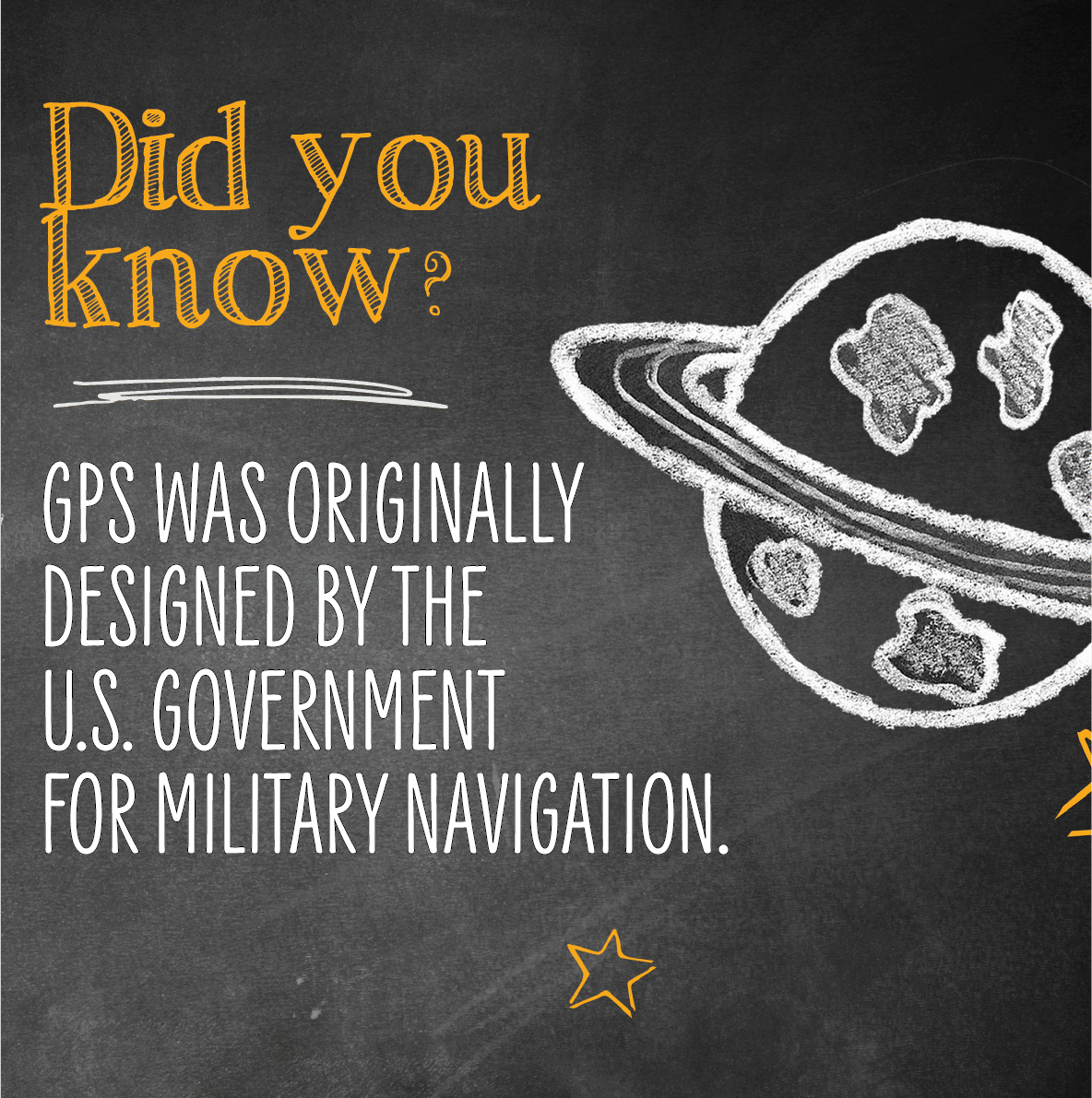Global Positioning Systems (GPS) once seemed a futuristic technology, but now they’re everywhere; in our cars, in our phones, on our bikes and — on our school buses. But what exactly IS a Global Positions System? According to www.physics.org, GPS is a network of more than two dozen satellites circling the Earth. Anyone with a GPS unit can receive the radio signals projected from that network of satellites. GPS units locate your location based on the distance other satellites are from you.
But why do satellites in the sky mean anything to you as district administrators?
It boils down to transparency. Today, GPS units provide far more than just directional navigation; GPS units also capture telematics data. When attached to school buses, fleet management becomes easier. So while upgrading your buses may not be the first thing on your mind, the benefits abound for utilizing GPS-enabled school buses.
- Route Planning and Analysis: With data provided by GPS, you can view the route taken versus the planned route, including traffic and bus stop trends and all route delays. Tracking historical route data makes it easy to analyze suggested route changes or tracks this data for route optimization studies provided by an outside vendor.
- Improved Bus Maintenance: With accurate mileage reporting, technicians properly upkeep maintenance schedules, thus reducing bus downtime and unforeseen breakdowns. If you reduce out-of-order buses, you’ll curtail reliance on outside mechanics and stay updated on all parts warranties — further reducing your shop spending.
- Performance Accountability: Being accountable to parents and students for your transportation performance is important. GPS units plainly show you consistently late routes, lengthy bus stops, and even how long the school bus door was open during each stop. All this performance data streamlines performance benchmarks, enables improvement and helps you provide more timely bus service.
A 2014 study by Fleetmatics says 85% of parents agree that monitoring school buses via GPS makes for more timely bus service.
- Environmental Responsibility: A single school bus takes 36 cars off the road, but that doesn’t mean we can stop finding solutions that put us at the heart of a greener, cleaner future. GPS-equipped school buses record engine idling and speeding, so your district can develop targeted driving behavior training focused on reducing these incidents.
- Safety & Security: The safety and security of the students is the most important aspect of student transportation; with that comes assurance of a particular student’s safety. If a parent calls the district to enquire about their child’s bus, bus location information can answer those questions.
- Cost-Savings: Off-route detours often use more gas than a standard route. With GPS on school buses, you can measure excessive idling and gas-guzzling detours.
- Payroll Planning: See exactly when the buses start to roll and when they return at the bus depot. Telematics data from your GPS can sync with your payroll and scheduling system to more effectively manage costs and staffing.
These benefits are just the tip of the iceberg regarding GPS and fleet telematics, but it’s often the easiest and clearest way to make a real difference in your transportation operation. Whether your own people manage the GPS data or you hire someone to do it for you, GPS units help set clear performance benchmarks by which you can judge and improve your system.
First Student installs GPS on almost 100% of our buses and we work hard to improve operations through telematics and GPS data integration. Click to see how we helped our partner, School District of Waukesha, Wisconsin. If you have additional questions about GPS or technology integration, we’re happy to help; please send us an email at info@firststudentinc.com.